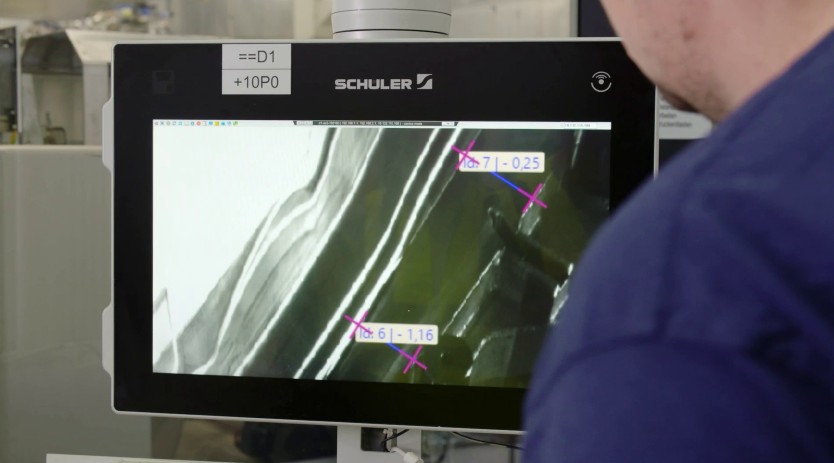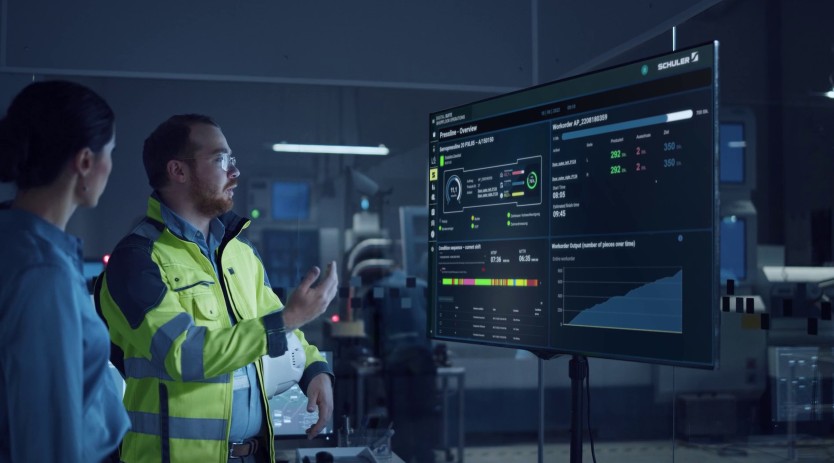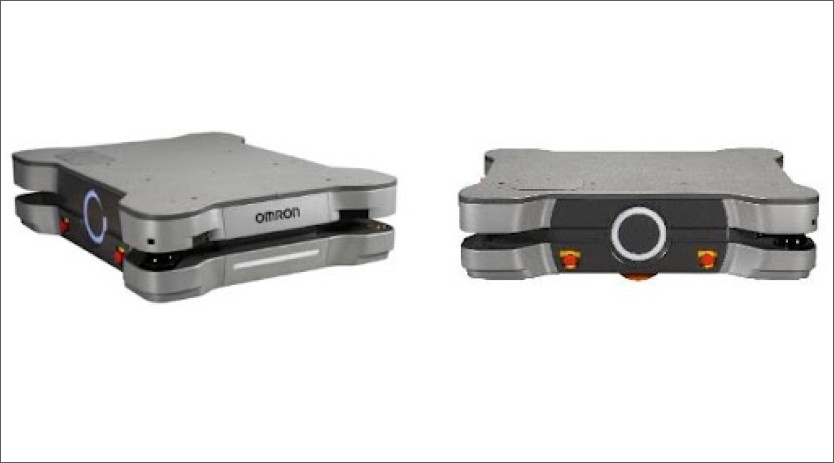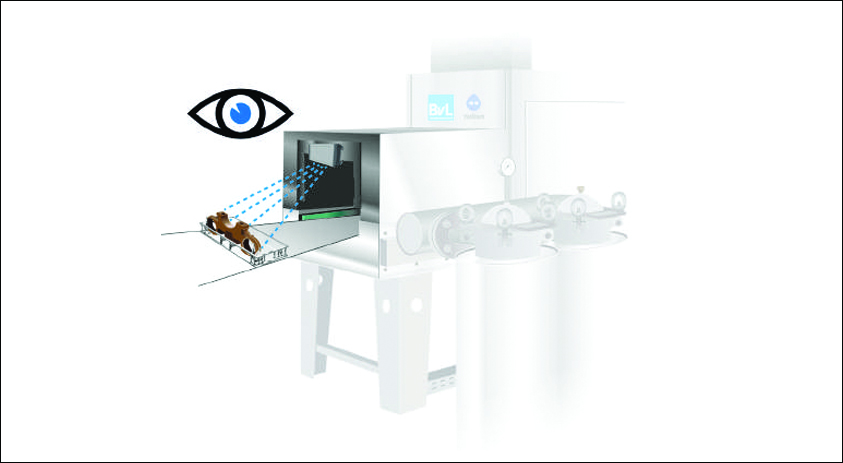Driving digitisation in auto industry
June 29, 2017 6:13 pm
Digitisation for automotive component manufacturer can do wonders in area of Connected Supply Chain and Industrial IoT.
At present supply chain management in automotive industry is driven by text messages, WhatsApp messages and phone calls. There are few OEMs having correct information of supplier’s raw material, work in progress and finished goods inventory and that too due to hard and late hour work of their over efficient aggressive supply chain managers.
Implementation of digitisation techniques like Inventory Bar Code Scanners system throughout the manufacturing process linked with ERP system can resolve serious issues of line stoppages at OEM end. Since OEM has bigger stakes of line stoppages and revenue losses thereof, they expect timely information on shortages of raw material which may stop production process at supplier end, also awareness of breakdown of machines which may stop flow of material and issues with logistics which stop finished parts to reach OEM assembly lines.
Digitisation techniques can help in a big way to maintain smooth supply chain, ensure smooth manufacturing and avoid show stopper. Raw material coming in suppliers stores with bar code stickers reduces manual intervention and inventory can be updated immediately in ERP system. This online inventory can be accessed by all internal stakeholders to take decision and customer to check if the inventory is falling in line with his production schedules and requirements or not. Same bar codes with Kanban can ensure on time material availability on various production stages. On time information of shortages can trigger actions to mitigate the risks and leads to big savings in manufacturing process. Digitisation can create big value in supply chain management system in automotive manufacturing industry. With new vehicle tracking and issue reporting techniques OEMs can estimate time of receipt of automotive parts dispatched by long distance suppliers and accordingly plant their production schedule.
Internet of Things (IoT) is another wonderful technique of digitisation where one device speaks to internet and provides information of its condition and probable failure coming in future. Concept is getting popularity as ‘Things’ are talking to ‘Things’. This concept is already being used at different domains of manufacturing facilities. Maintenance department uses IoT for predictive maintenance of motors and other mechanical equipment. IoT can also be used to foolproof manufacturing system which is called PokaYoke. The machine producing bad parts in a production line can inform next machine to stop using bad parts thus saving rejection losses. With this information Production Manager can decide to change production strategy for the day.
There is very less enthusiasm in Indian OEM suppliers to move towards digitisation due to lack of vision, knowhow and unawareness of benefits of digitisation. Mindset of traditional way of manufacturing also stops entrepreneurs to try new things. Government tax benefits on R&D expenses are either not lucrative or mostly unknown to small and medium suppliers. Also the adequate and knowledgeable workforce is not available to make suppliers understand benefits of digitisation.
To move forward OEMs must create clusters of suppliers and show them benefits of digitisation. A model supplier can be created by each OEM having digitisation implemented in one plant and good practices must be shared with all suppliers. Government can organise workshops to make suppliers aware of digitisation. Also digitisation expenses must be considered as R&D expenses to provide tax benefits to suppliers.
Looking at current scenario, we are far behind in digitisation of manufacturing facilities though we have capabilities to do wonders. India being a mine of IT professionals can set up digitisation benchmarks for the world. The way Indians started using smart phones to their fullest capacity is evidence of acceptance and adoption of technology. The enthusiasm of digitising manufacturing process can be diverted towards creating values in manufacturing industries.
Authored by__
Vivek Anand, Head Marketing and Programs, Windals Auto
Cookie Consent
We use cookies to personalize your experience. By continuing to visit this website you agree to our Terms & Conditions, Privacy Policy and Cookie Policy.

















